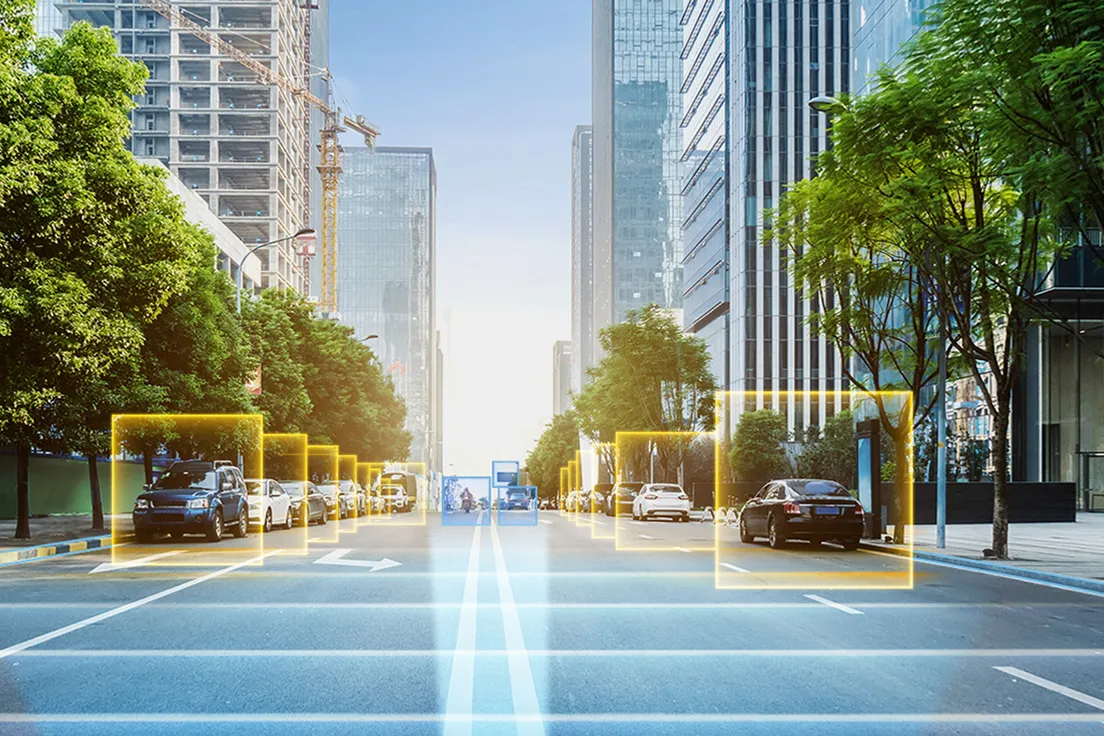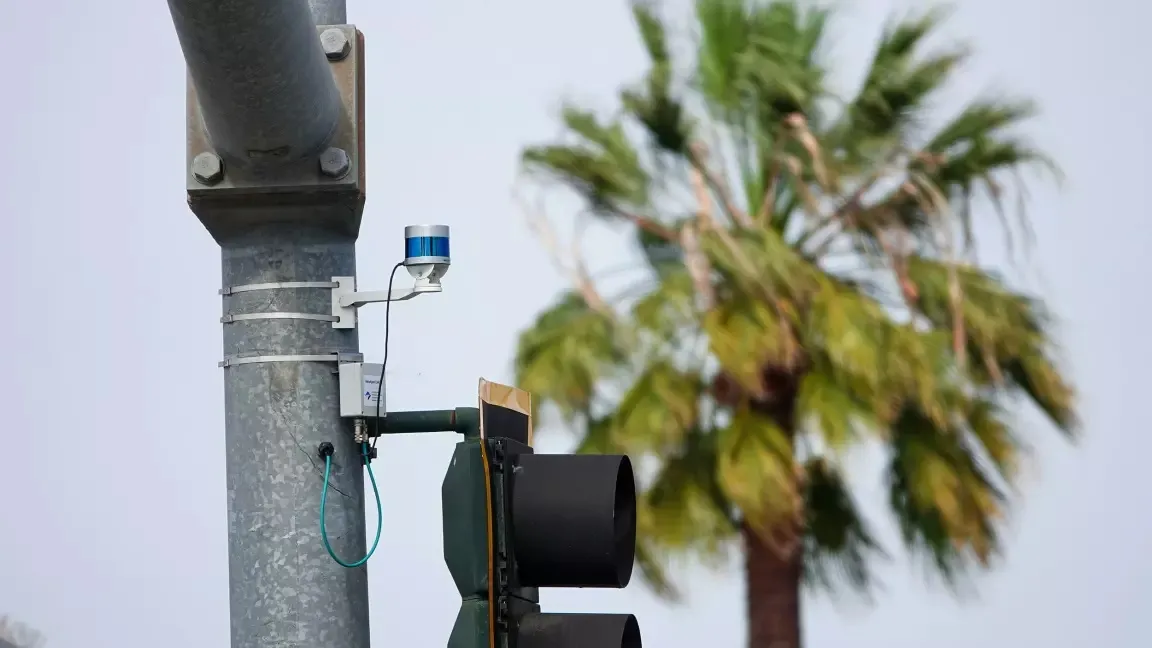German automotive supplier ZF has acquired a 40 per cent stake in Hamburg-based Ibeo Automotive Systems, a specialist in LiDAR technology and the development of environmental recognition software with a particular focus on applications for autonomous driving.
The two companies plan to develop the next generation of LiDAR technology for vehicle applications and autonomous driving, without the rotating mirrors contained in current LiDAR systems.
According to ZF, LiDAR expands its current sensor portfo
August 4, 2016
Read time: 1 min
German automotive supplier ZF has acquired a 40 per cent stake in Hamburg-based Ibeo Automotive Systems, a specialist in LiDAR technology and the development of environmental recognition software with a particular focus on applications for autonomous driving.
The two companies plan to develop the next generation of LiDAR technology for vehicle applications and autonomous driving, without the rotating mirrors contained in current LiDAR systems.
According to ZF, LiDAR expands its current sensor portfolio of radar and camera technologies, while Ibeo's blending of these three sensor technologies provides outstanding results in environmental awareness and forms the basis for autonomous driving.
Founded in 1998, Ibeo expects to expand its workforce in the fast growing market of sensor systems and environmental recognition and plans to establish an Autonomous Driving Competence which will focus on the volume production and marketing of solutions for highly automated and autonomous driving.
The two companies plan to develop the next generation of LiDAR technology for vehicle applications and autonomous driving, without the rotating mirrors contained in current LiDAR systems.
According to ZF, LiDAR expands its current sensor portfolio of radar and camera technologies, while Ibeo's blending of these three sensor technologies provides outstanding results in environmental awareness and forms the basis for autonomous driving.
Founded in 1998, Ibeo expects to expand its workforce in the fast growing market of sensor systems and environmental recognition and plans to establish an Autonomous Driving Competence which will focus on the volume production and marketing of solutions for highly automated and autonomous driving.










